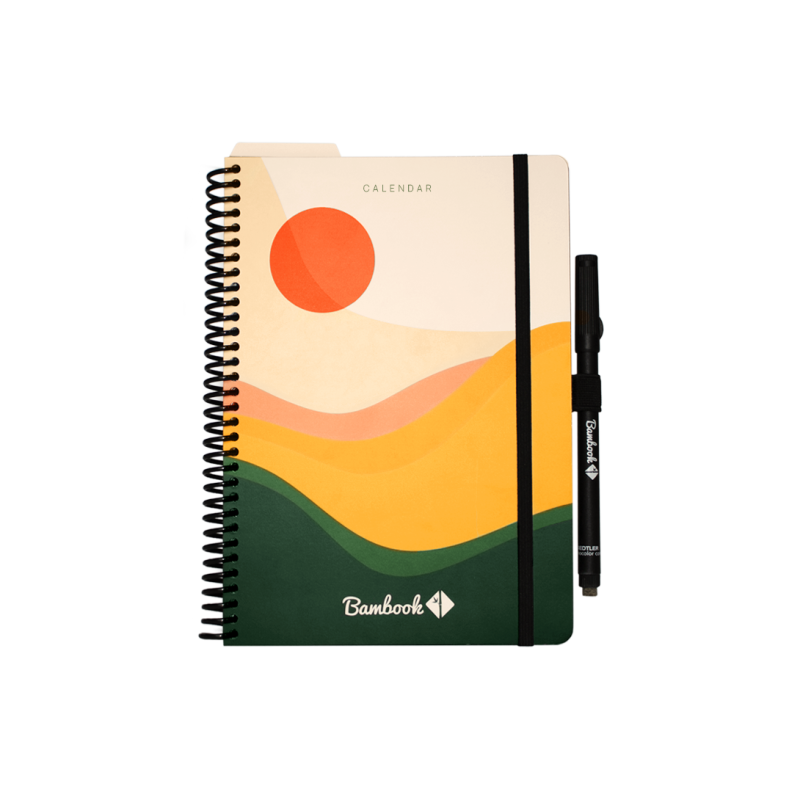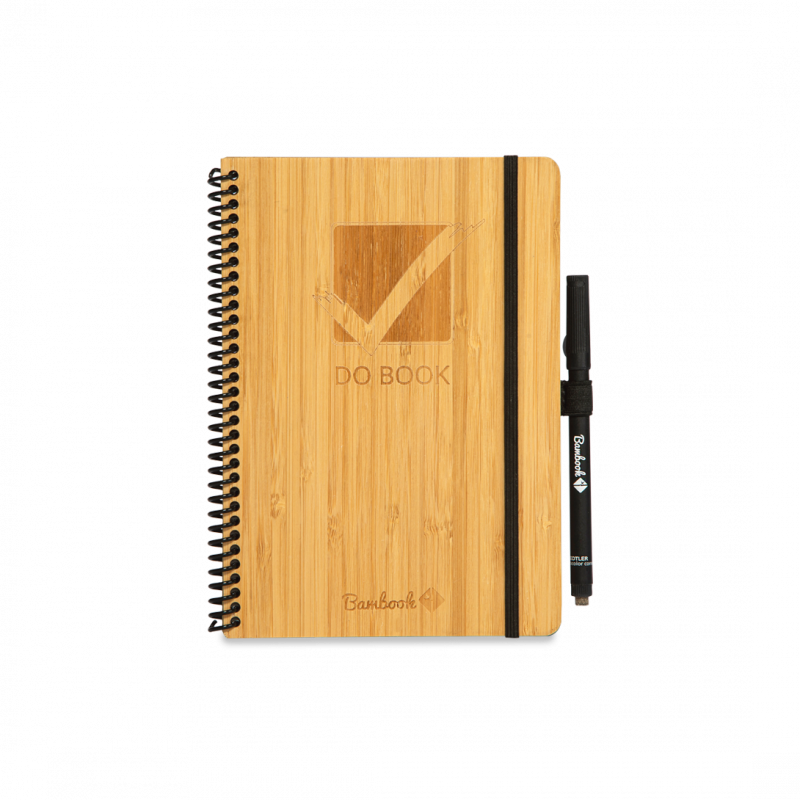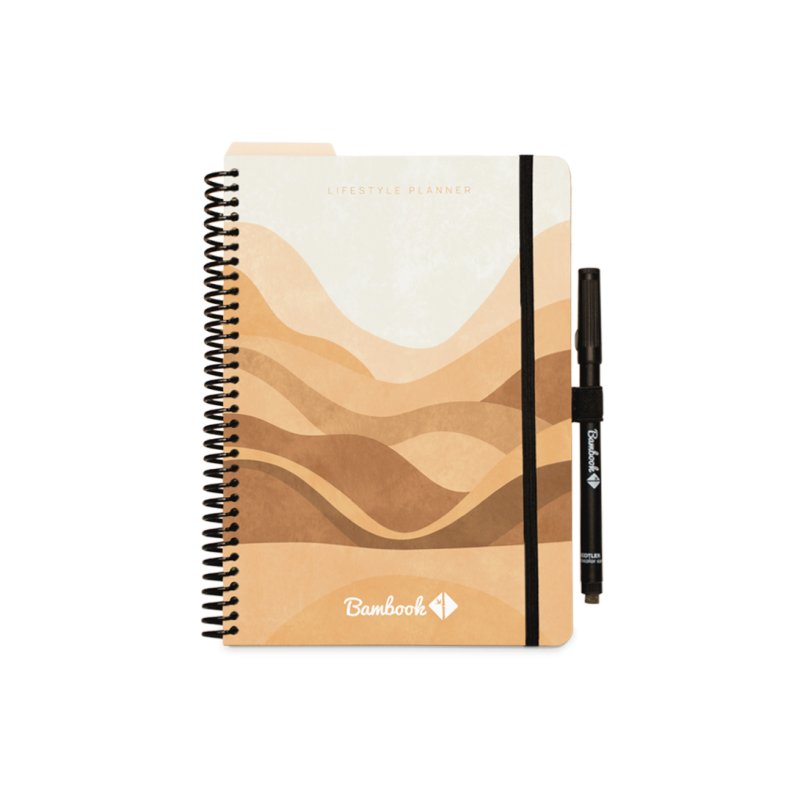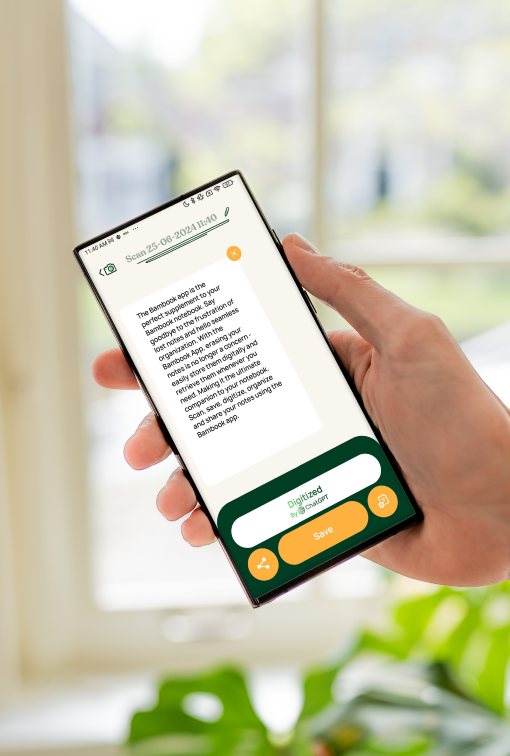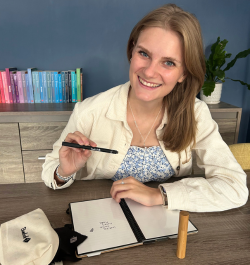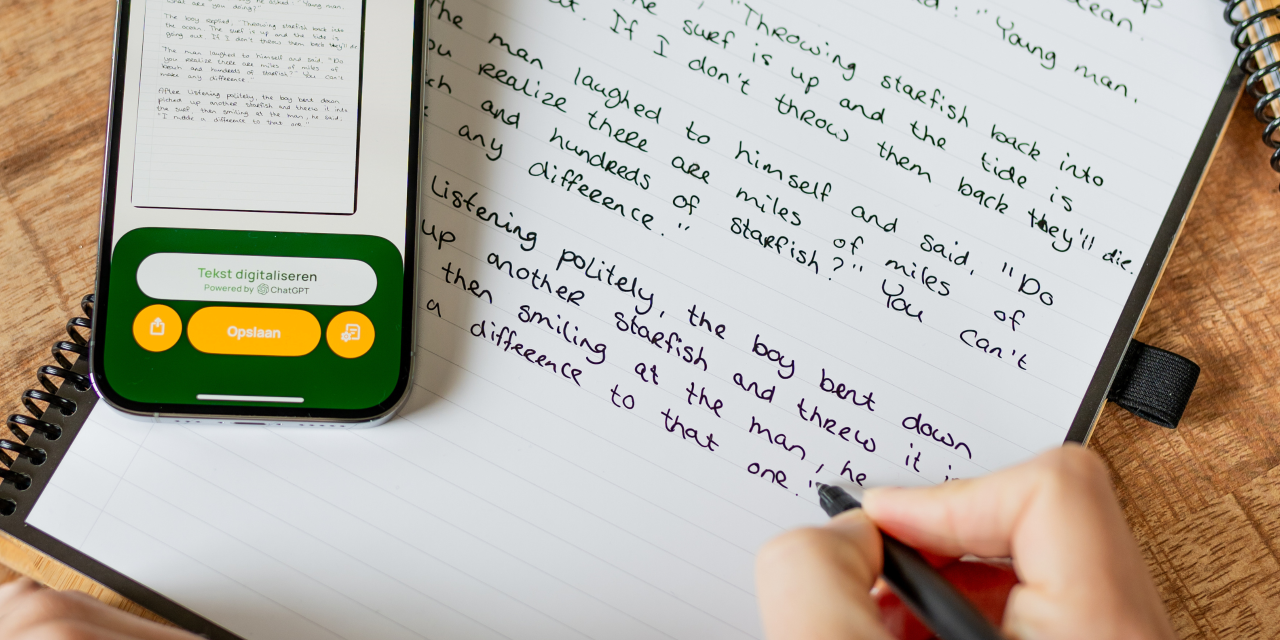
Toxic Productivity:
What is it and How Do You Recognize it?“Busy, thanks!” - How often do you answer that when someone asks how things are going? Breaks seem to be a rarity lately. We’re always busy - if it isn’t our job, it’s hitting the gym, drinks on Friday and going out with friends and family on the weekend. Always busy. Being on, being productive. Is this healthy? Maybe not. When your productivity level starts becoming unmanageable, we talk about toxic productivity. Let’s take a look at this further:
In this blog you’ll learn:
- What productivity is
- What toxic productivity is
- How to recognize toxic productivity
- 4 tips to prevent toxic positivity
A while ago, we asked our LinkedIn followers what productivity looks like to them. The results were quite surprising. The Question was, what is a productivity gain for you?
Getting more done in a shorter time - or - delivering better work in a shorter time?
9% went for the first option, and a whopping 91% went for the second. What are your thoughts?
Because, well, what makes us feel productive? It is quite a vague and subjective concept. What feels productive for one person may not be for another.

What is productivity?
Definition of productivity
CBS defines it: productivity is how much output can be produced with a unit of input. Output usually represents the total output or value added of a firm, a sector, or of the entire economy. (CBS) Or if in this case, it's about your personal productivity, it's about the total production or added value of your work. The input then is the amount of time and energy you put into it, and the output is the result of it.
Rest planning
A note: So it's not only about output but also about input. And that's interesting because in addition to good work planning, productivity has to do primarily with good rest planning.
Input versus output
Of course, a lot of output says little about the quality of the work. A lot of output is not necessarily productive.
A positive brain
You may think you get a lot done by working a lot (delivering a lot of output), but it has been scientifically proven that being happy is what makes you truly productive. A positive brain is 31% more productive, according to Shawn Anchor in this TEDtalk.
And what is productivity definitely not?
Being productive is something applauded in our society: but where do you recognize the line with toxic productivity? Productivity stands tall. It gives ourselves and others the idea that we are dedicated, loyal and passionate about what we do.
But . productivity can also spill over. Productivity is not, for example, being so busy that it comes at the expense of you:
- Deep sleep
- Enough relaxation
- Good self-care
- Time for exercise
- Time to do nothing

Productivity according to
Team BambookDuring our coffee break, we asked our coworkers: under what conditions did you have a productive day? What does a productive day look like? And what makes a productive day productive?
This is what they said:
- "A productive day for me is a day that instinctively flies by. When you have made concrete steps towards the plans you set out. One of my pitfalls is that I plan too optimistically and think I will get more done, than what I actually do. So a productive day for me is one in which I have made a realistic planning and time estimate and stick to it, without getting distracted."
- "Ending my work with a good feeling and therefore having peace in your head at night, that there are no open ends."
- "When I know I did the right things, at the right time, in the fastest possible time that day."
So very different, but one big similarity: it has to do with good work planning. What do you identify with the most?

What is Toxic Productivity?
Toxic productivity is being systematically too busy. We quickly link productivity to work or study, but productivity is actually about being focused or on - so this can also be for a hobby, club, church, social interactions or other private engagements.
Definition of toxic productivity
Toxic productivity is having the idea that you are doing well because you are doing a lot when in reality it is a form of productivity at your own expense. Because your idea does not match reality; and in doing so, you unjustifiably maintain your performance, we call it toxic.
Toxic productivity ranges from contently pushing yourself to do more (even when you are tired or sick), to sacrificing self-care and/or your personal needs to get tasks done and deliver work. (Source: Bluelynx)
The cause of toxic productivity
There can be several reasons why the mindset of toxic productivity creeps into your schedule.
1. Your self-esteem
Your self-esteem is an important starting point. For example, we see that people with characteristics of perfectionism are more likely to measure their self-worth in terms of their productivity and performance. (Source: www.self.com) This makes you more suscepitble to toxic productivity.
2. Immerse yourself in your passion
It may also be that you are absorbed in the work you do and the passion you follow. You get energy from it, but on the other hand, you don't see that it comes at the expense of yourself. You think you can handle the hustle and bustle and overestimate yourself.
3. Helping Others
You are eager to help others with your work and are used to going the extra mile for others. You may be too quick to say "yes" and forget that you too only have 24 hours in a day.
4. Social Pressure
Your work or home environment is a place where output plays a big role. What is the culture there and what is valued or rewarded?
Draw a line through toxic productivity.
Tools for your balanced planning!Toxic productivity is a pattern that needs to be broken, to avoid spilling over into burnout. Here's how to recognize toxic productivity.
How to recognize toxic productivity
- You have a lot of plans and the idea of making the most of your time.
- You hate making mistakes and want to do a good job on all fronts.
- You have high expectations of yourself and (un)consciously take on a lot.
- You get restless from doing nothing.
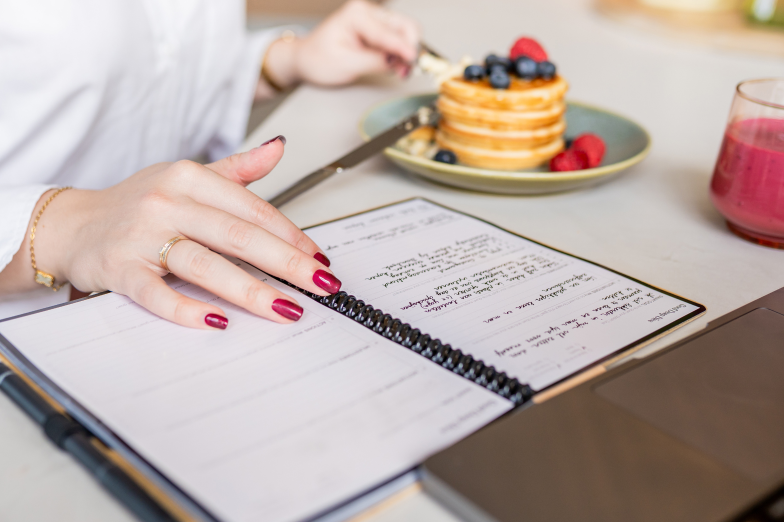
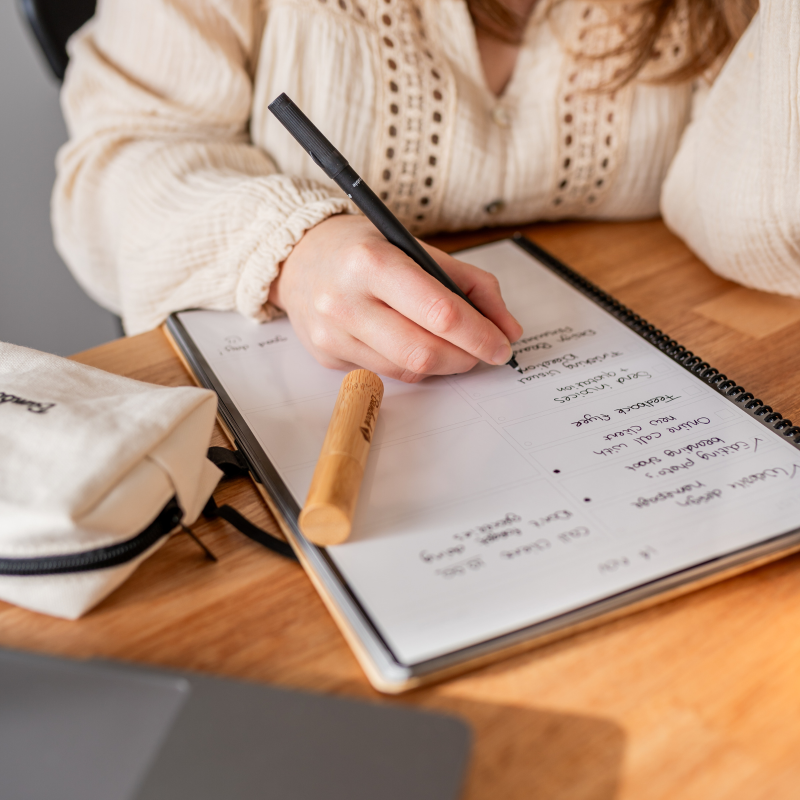
Tips against toxic productivity
Tip 1: Examine your underlying emotions
Take time to reflect on the cause of toxic productivity - are you being so strict with yourself, or is the pressure to get busy coming from outside? What are other people saying to you about your schedule? Is it necessary to do so much, are you okay with the idea of doing less, or does that evoke resistance? Consider how you feel when you take a break: do you feel immediately agitated?
So some questions to think about for yourself. If you can't figure this out on your own, find a professional to hold up a mirror.
Tip 2: Change the way you think about time
Perhaps the status symbol of the 21st century is a full calendar. By now, it determines our worth and the impact we make. (Source: Forbes) But the feeling of always being productive: is that really what makes us happy? So take some time to be intentionally unproductive, and try being bored. Provide a period of rest, rearrange your workload, and seek balanced productivity.

Tip 3: Make your first necessity of life a priority
Be aware of where too much time now goes and where too little time goes. Remind yourself of your priorities! Eat well, sleep, exercise and relax. Work comes after that. Remember to put your own oxygen mask first!
Tip 4: Work with others: support is key.
In making appointments with yourself, you are probably not very good - not for nothing that toxic productivity has crept in and your own limits appear flexible. Plan in advance how much time you want to spend on which activity and ask others to support you in this goal.
